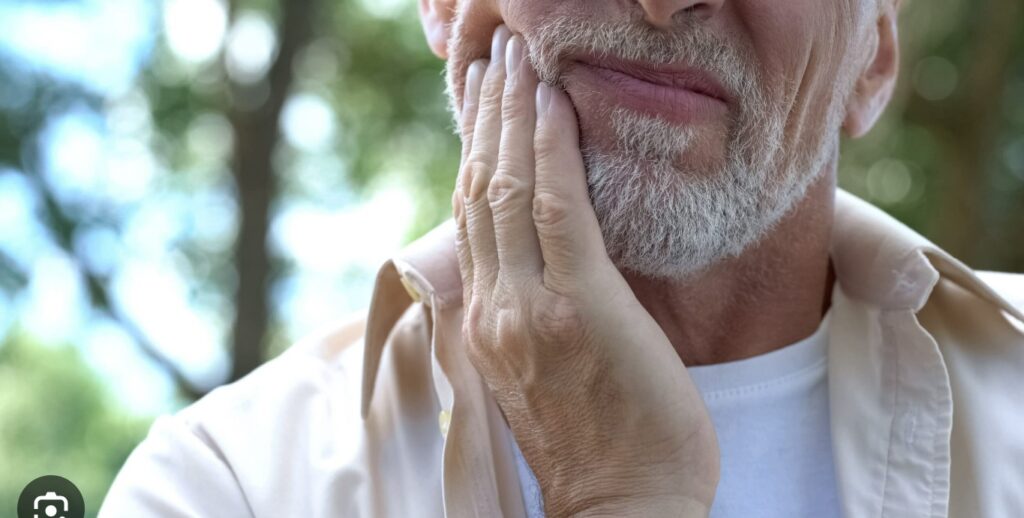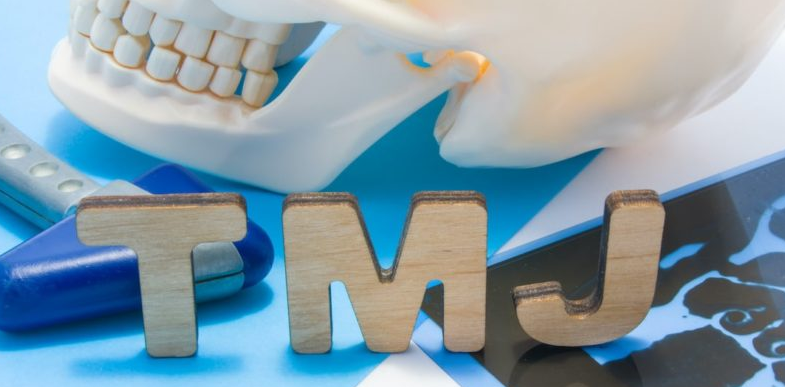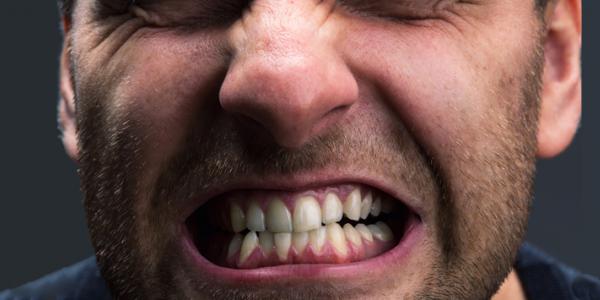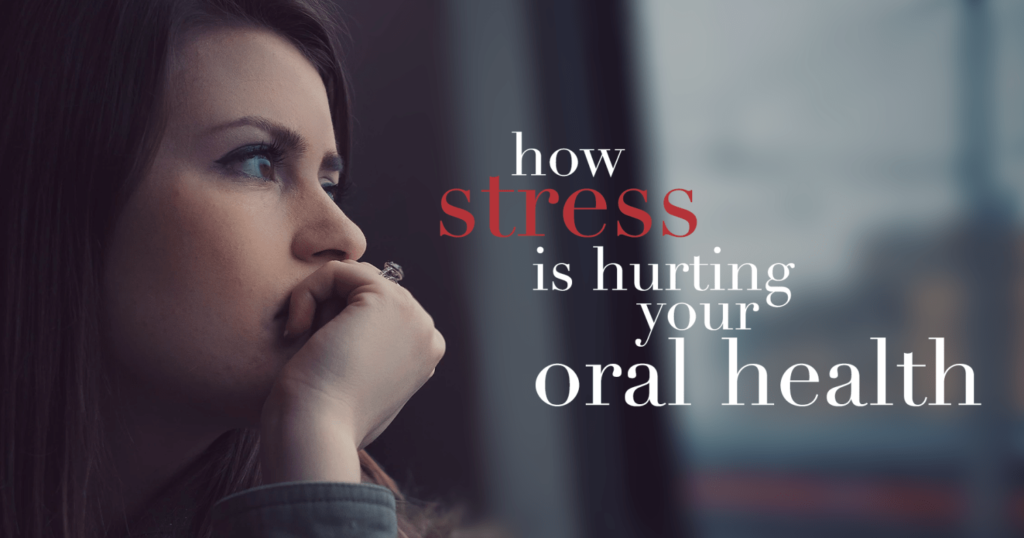
Jaw pain is a widespread condition that can significantly impact an individual’s quality of life. From difficulty eating to persistent discomfort while speaking or yawning, jaw pain often disrupts daily routines. This discomfort can stem from a variety of underlying causes, ranging from minor issues to more serious conditions. Let’s explore the common causes of jaw pain, associated symptoms, and the treatment options available to alleviate the discomfort.
What Is Jaw Pain?
Jaw pain refers to discomfort or soreness in the jawbone, the temporomandibular joint (TMJ), or the surrounding muscles and tissues. The temporomandibular joint acts as a hinge connecting your jaw to your skull, enabling movements such as chewing, speaking, and yawning. When this joint, or any of the surrounding structures, becomes irritated or damaged, it can result in jaw pain.
Jaw pain can range from mild to severe and may present as acute (lasting for a short period) or chronic (persistent over weeks or months). Identifying the root cause is essential for effective treatment.
Common Causes of Jaw Pain
- Temporomandibular Joint Disorder (TMD)
TMD is one of the leading causes of jaw pain. This condition occurs when the TMJ and its surrounding muscles don’t function correctly, leading to pain, stiffness, and clicking sounds. Common triggers for TMD include:- Bruxism (teeth grinding or clenching), often associated with stress.
- Arthritis in the TMJ, which can lead to inflammation.
- Trauma to the jaw or misalignment of the teeth.
- Dental Issues
Problems with teeth and gums can cause significant jaw pain. Examples include:- Cavities and abscessed teeth, where infection spreads to the roots or surrounding tissues.
- Malocclusion, or an improper bite, which can strain the jaw muscles.
- Gum disease, which can cause inflammation and affect the jawbone over time.
- Injuries or Trauma
Jaw pain may also result from direct injury or trauma, such as:- Fractures or dislocations of the jawbone.
- Soft tissue injuries from accidents or sports activities.
- Whiplash, which can strain or misalign the TMJ.
- Bruxism (Teeth Grinding)
Bruxism is a condition where individuals grind or clench their teeth, usually during sleep. Over time, this can place immense pressure on the jaw muscles and TMJ, causing pain and inflammation. Stress and anxiety are common triggers for bruxism. - Arthritis
Various forms of arthritis, such as osteoarthritis and rheumatoid arthritis, can affect the TMJ. Arthritis leads to joint inflammation and cartilage deterioration, causing stiffness, pain, and reduced mobility in the jaw. - Sinus Infections
Sinusitis, or a sinus infection, can sometimes lead to jaw pain, especially in the upper jaw. This occurs because the sinuses are located near the jawbone, and inflammation in the sinuses can create referred pain in the jaw. - Nerve-Related Disorders
Certain nerve-related conditions, such as trigeminal neuralgia, can result in sharp, shooting pain in the jaw and face. This condition involves irritation or damage to the trigeminal nerve, which is responsible for facial sensation. - Stress and Muscle Tension
Chronic stress can lead to muscle tension in the jaw, neck, and shoulders. This tension may cause pain and discomfort in the jaw, even in the absence of underlying joint or dental problems. - Infections or Tumors
In rare cases, infections such as osteomyelitis (a bone infection) or tumors in the jaw or nearby tissues can cause pain. These conditions are typically accompanied by additional symptoms, such as swelling, fever, or weight loss, and require prompt medical attention. - Poor Posture
Believe it or not, poor posture—especially when working long hours at a desk—can contribute to jaw pain. Slouching or holding your head in an awkward position can strain the muscles and joints in the neck and jaw, leading to discomfort.
Symptoms Associated with Jaw Pain
Jaw pain often doesn’t occur in isolation and may be accompanied by other symptoms, including:
- Clicking, popping, or grinding sounds when opening or closing the mouth.
- Difficulty chewing or speaking.
- Swelling in the jaw or face.
- Limited range of motion in the jaw.
- Ear pain or a feeling of fullness in the ears.
- Headaches or migraines.
- Pain that radiates to the neck or shoulders.
Understanding these symptoms is key to diagnosing the underlying issue and developing an appropriate treatment plan.
When to See Your Dentist
While occasional jaw pain may not be a cause for concern, you should seek medical attention if:
- The pain is persistent or worsening.
- You experience difficulty opening or closing your mouth.
- The pain is accompanied by swelling, fever, or redness.
- You notice a clicking or popping sound in the jaw that’s painful.
- The discomfort interferes with eating, speaking, or sleeping.
A healthcare professional, such as a dentist, oral surgeon, or primary care doctor, can help identify the root cause and recommend the right treatment.
Diagnosing Jaw Pain
Diagnosing jaw pain often involves a thorough medical history, physical examination, and imaging tests. These may include:
- X-rays to examine the jawbone and teeth.
- MRI or CT scans to assess the TMJ and surrounding soft tissues.
- Blood tests to identify infections or systemic conditions like arthritis.
A detailed evaluation helps pinpoint the exact cause, enabling targeted treatment.
Treatment Options for Jaw Pain
The treatment for jaw pain depends on its underlying cause. Common approaches include:
1. Lifestyle Changes
- Avoid hard or chewy foods that strain the jaw.
- Practice stress management techniques, such as yoga or meditation, to reduce bruxism.
- Maintain proper posture to minimize muscle tension.
2. Dental Care
- Addressing cavities, gum disease, or other dental issues can alleviate jaw pain.
- Orthodontic treatments, such as braces, can correct malocclusion.
3. Medications
- Over-the-counter pain relievers, such as ibuprofen, can reduce inflammation.
- Muscle relaxants may be prescribed for severe jaw tension.
- Antibiotics are necessary for infections like abscesses or osteomyelitis.
4. Physical Therapy
- Jaw exercises can improve mobility and strengthen the surrounding muscles.
- Heat or cold therapy may provide temporary relief from pain.
5. Mouthguards and Splints
- Custom-made mouthguards can protect against teeth grinding and alleviate stress on the TMJ.
- Splints are often used to reposition the jaw and improve alignment.
6. Surgical Interventions
- In severe cases, surgery may be required to repair or replace a damaged TMJ.
- Dental surgeries, such as extractions, may address impacted teeth causing jaw pain.
Preventing Jaw Pain
Prevention is always better than cure. Here are some tips to reduce the risk of jaw pain:
- Practice good oral hygiene and visit the dentist regularly.
- Avoid clenching your teeth, especially during stressful situations.
- Incorporate jaw stretches and exercises into your routine to maintain flexibility.
- Stay mindful of your posture, particularly when working at a desk.
Dr. Skrobanek Can Help Alleviate Your Jaw Pain
Jaw pain can be a frustrating and debilitating condition, but understanding its causes and seeking appropriate treatment can lead to significant relief. Whether it’s due to TMD, dental issues, or muscle tension, addressing jaw pain early is crucial for preventing long-term complications. If you’re experiencing jaw discomfort, don’t hesitate to schedule your consultation with Dr. Skrobanek at GPS Dental to uncover the root cause and find a solution that works for you. With the right care, you can reclaim a pain-free, healthy smile.
Dr. Gary P. Skrobanek’s experienced and friendly team at GPS Dental offers affordable dental care for all ages in San Antonio, TX area. Our Brooks City Base dentist office is conveniently located and offers early morning appointment times Monday through Friday to meet your needs. At GPS Dental, we promote dental health awareness to our patients and provide most dental services, from family and general dentistry to dental implants, sleep apnea, TMJ / TMD Treatment, cosmetic dentistry and much more. We accept most dental insurance plans and offer affordable financial solutions for any budget. Call us at 210-633-3477 to make an appointment.












